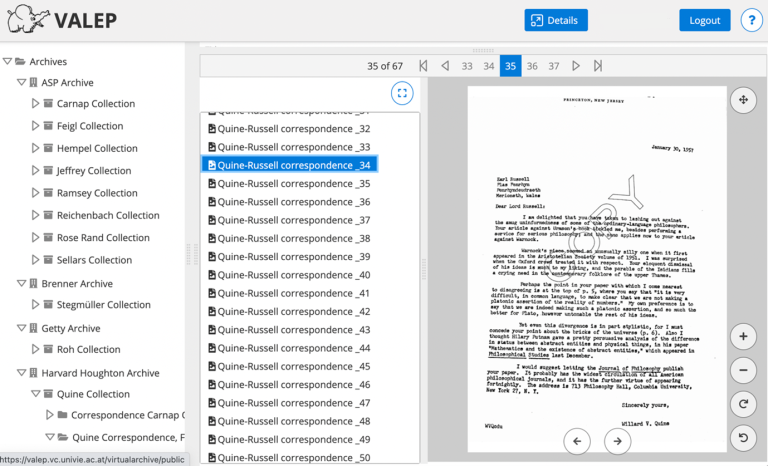
What are your tips for hosting a successful screening? Email us at events@pov.org or catch us on Twitter @povengage.
Members of the POV Community Network host more than 800 free screenings across the country each year. Ranging from highly produced events with over 300 attendees, to library movie nights for a small but loyal group of patrons, these screenings are as diverse as the communities our partners serve.
POV screenings also provide a public forum to for a community to discuss questions raised by a film. Post-screening conversations can complicate viewers’ understanding of an issue as much as the film itself. In a group setting, viewers can learn from each other, hone their opinions and plan collective action.
Anyone who’s hosted a film screening knows that enticing a full house to turn out for an event can be a challenge when most people have thousands of movies at their fingertips. But, we also know that watching a film with a group of strangers can be a powerful experience not easily replicated in one’s living room. Hearing when others laugh, when they gasp—and what they say when the credits roll—shapes our appreciation of a film and the stories told within it.
- Learn from others. Find the groups in your community who are hosting popular events and study their approach. How do they publicize their events—through physical posters, in mailings, on social media? Consider setting up a phone call with local leaders to ask for their insights (or brainstorm potential collaborations).
- Choose the right film for your audience. Even if the film setting is distant, find connections to the issues your community cares about. For example, the Juniper Branch Library in Palm Beach County, Florida hosted a screening of The Islands and the Whales, a film about mercury poisoning in the Faroe Islands. To lead a post-screening discussion, they invited a local expert who talked about mercury levels in local waters near Jupiter.
- Make your local angle clear when framing the event in promotional materials. If your screening includes a conversation, mention the themes you’ll be discussing. For example, to promote a screening of The Workers Cup, you might say, “Stay for a conversation about migrant workers in the U.S., and how people can put pressure on companies behind popular products to stop labor abuses in their supply chain.” For ideas, check out the discussion guide, partner one-sheet and other materials, which can be found on the film-specific Partner Toolkit (a one-stop shop for resources screening hosts can use to plan events).
- Partner with issue-driven organizations and influencers. Who are the organizers, educators and other leaders who are most invested in the film’s subject and connected to the audiences that care about it? Invite influencers to speak or attend the event; they can bring an engaged audience with them. Reach out to leaders with a strong following on social media or in a newsletter. Even if they’re not able to attend the screening, they may help spread the word by sharing a blurb.
- Plan an expert-led discussion after the film. This may include people who stand on different sides of an issue who can engage in a compelling debate.
- Be consistent. Hosting a screening series can be a great way to develop a regular core audience and build community. Pick a day, time and frequency (for example, first Friday of the month) that works for your attendees, and stick to it. Some communities have enough interest to sustain a weekly screening; for others, it’s monthly or quarterly.
- Provide free food! Popcorns and soda, or even dinner and a movie are tried-and-true combinations. If you’re screening an international film, consider partnering with a restaurant that serves food from the region where the film takes place. Some restaurants may provide discounts as a way to draw new customers.
- Encourage social media sharing at your event. Invite attendees to post their reactions to the film on Facebook, Twitter or Instagram then retweet these from your organization’s accounts. Hearing about a fascinating film and conversation may convince others to attend future events.
So, what can you do to pack the house for your screening? We asked our resident engagement experts for their best advice on getting your community to turn out, and creating meaningful events that will build a loyal audience for your future events:





